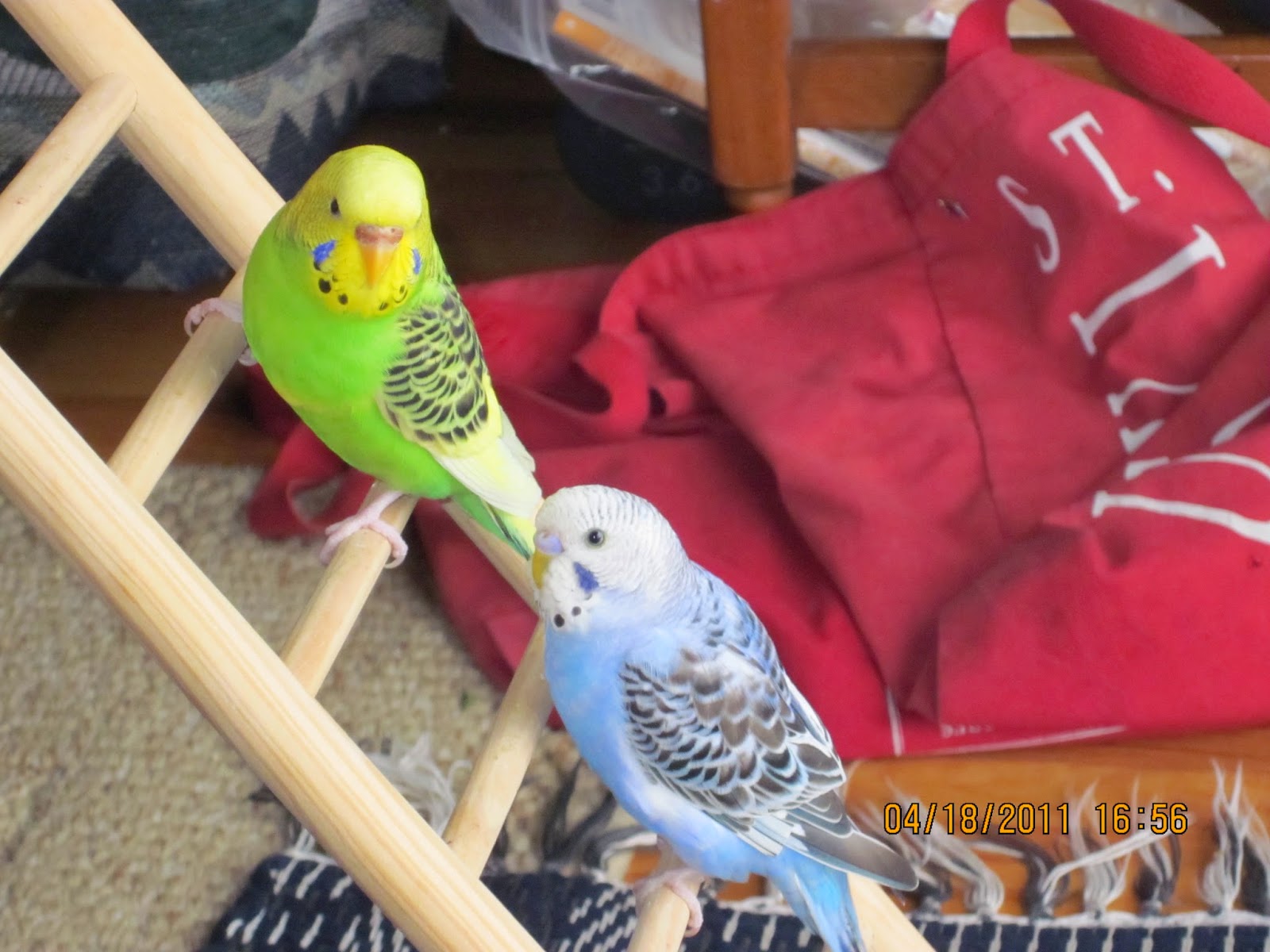of the Minneapolis Tribune editorial page staff
published by the StarTribune
THERE'S a tense week ahead for the baseball fan, starting tomorrow with the World Series. I don"t mean the lucky cuss who can watch a game with the cold, analytical eye of a loan shark, alert for fine strategy and play. I mean the bleeder, the wretch who follows one particular club and who is lifted to ecstasy or booted into despond by that club's varying fortunes.
These are the boys who will suffer--the ones who love the Cleveland Indians or the New York Giants. They will hover around the radio or TV sets like June bugs around an arc light, gnaw their fingernails up to the elbow, chain smoke, go into apoplexy with every opposition rally and wish that the torment would end so they could relax and get some sleep.
THIS ADDICTION to baseball in general and one club in particular makes no sense whatever. Life goes on regardless of how one game or one series comes out. Your baseball bug tells himself that every time his team loses --and he keeps right on bleeding. The disease is incurable.
 It has its roots back in childhood, I think. Nobody who fails to develop an interest in the game when he is a kid can acquire the suicidal devotion to it in later life that the baseball nut has. The genuine addict probably played some as a boy and had visions of one day being a big leaguer. Or he developed a fancy for one player and took that player's club to his bosom, there to hold it unto death.
It has its roots back in childhood, I think. Nobody who fails to develop an interest in the game when he is a kid can acquire the suicidal devotion to it in later life that the baseball nut has. The genuine addict probably played some as a boy and had visions of one day being a big leaguer. Or he developed a fancy for one player and took that player's club to his bosom, there to hold it unto death.
I caught the disease from a book, written long ago by Christy Mathewson, immortal New York pitcher. It was called "Pitching in a Pinch" and it laid hold of me good. I since have known few care-free summers. My heart has belonged to the New York Giants. If I am the soul of amicability of an evening it's because the Giants have won. If I beat the kids and drive my wife to tears with snide remarks about the stew it's because they've lost.
MAYBE you think I'm riding high now, since the Giants have won the pennant. I am, but it's an uneasy ride. I'm afraid of that low-down Cleveland club, which never has lost a World Series. If they win this one I shall survive, I suppose. The Giants have failed me before, and often, and I have muddled through. But each tragedy has left its scar.
 When the Giants took on Leo Durocher as manager I felt that I was cured. He had been manager of the Brooklyn Dodgers and I hated both him and the Bums exceedingly. But it made no difference. Even though my estimate of Durocher is little changed, the Giants are still my boys. I would string along with them if Georgi Malenkov were manager.
When the Giants took on Leo Durocher as manager I felt that I was cured. He had been manager of the Brooklyn Dodgers and I hated both him and the Bums exceedingly. But it made no difference. Even though my estimate of Durocher is little changed, the Giants are still my boys. I would string along with them if Georgi Malenkov were manager.
Nice guys, somehow don't manage the Giants. They've had but one who could qualify as such. He was Mel Ott, a great player but no barn burner as a pilot. The others, John McGraw, Bill Terry and Durocher, hardly could qualify as charmers.
Just as managers make no difference in my allegiance, neither does team personnel. If my current raves, Willie Mays and Johnny Antonelli, were traded to the Pirates my affections would not shift to Pittsburgh. Willie and Johnny would become enemies. If the Giants and Cardinals swapped complete teams, Stan Musial would become my ideal.
I HOPE this week to shift some of the work to a couple of associates who are not baseball crazy. Then I can watch the games. In doing so, though, I shall be playing into Cleveland's hands. Seldom do I see or hear a game that the Giants win. I jinx them.
It wasn't Bobby Thomson's homer that decided that playoff game between Brooklyn and New York back in '51. I was the unsung hero. I watched this one until the Giants went into the last half of the ninth, trailing by three runs. By then my suffering had been too much. I walked away, to mourn alone. A few minutes later the fellows were yelling that New York had won. I raced back to the television set just in time to catch the final commercial. But had I remained, Thompson would have been just another out.
I'm going to watch this series, though. I have laid up a store of cigarettes and aspirin and my fingernails are a nice length for gnawing. And I've done what I could to counteract the jinx. I have a dollar down on Cleveland--and I seldom win bets. I hope I lose this one. But if I don't there will be a slight monetary solace for an aching heart.
Addendum-- The Giants swept the Series in four games to win their first championship since 1933, defeating the heavily favored Indians.
Copyright 2014 StarTribune. Republished here with the permission of the StarTribune. No further republication or redistribution is permitted without the express consent of the StarTribune.

















.JPG)

















